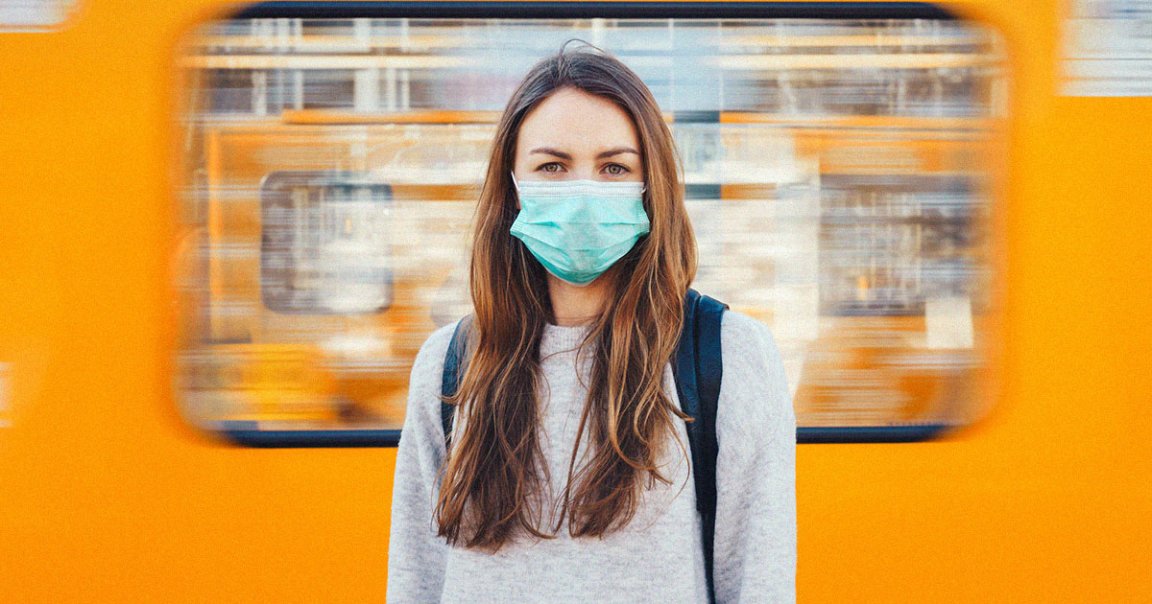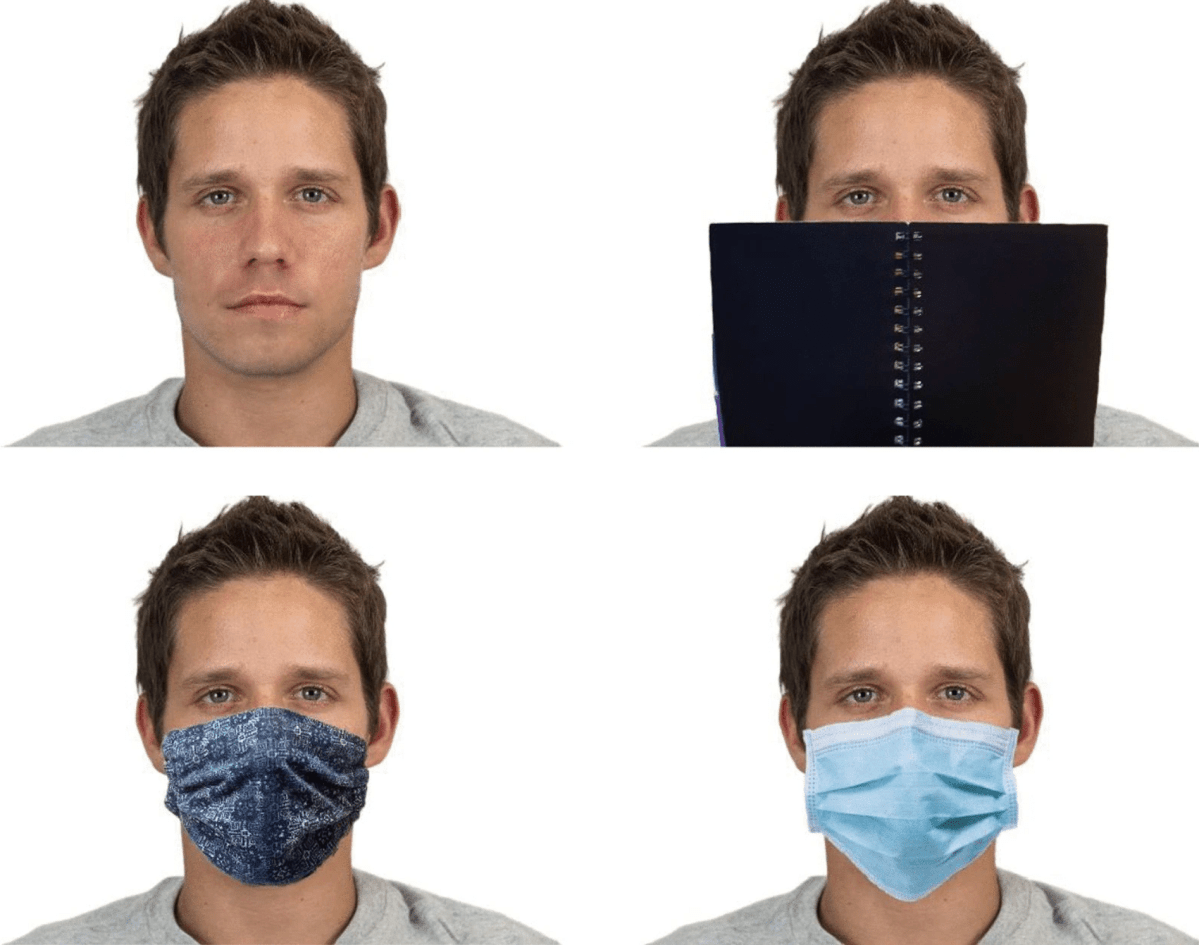
Researchers have found, intriguingly, that both men and women look more attractive when most of their face was obscured by a face mask — especially when it was a surgical one, The Guardian reports.
It’s a surprising conclusion, given how much we rely on facial cues — but if the study turns out to be generalizable to a broader population, there may some hope left for those looking to date during the pandemic.
“We wanted to test whether this had changed since face coverings became ubiquitous and understand whether the type of mask had any effect,” Michael Lewis, a researcher at Cardiff University and coauthor of a study about the findings published in the journal Cognitive Research, told The Guardian.
“Our study suggests faces are considered most attractive when covered by medical face masks,” he explained. “This may be because we’re used to healthcare workers wearing blue masks and now we associate these with people in caring or medical professions.”
The phenomenon seems to be linked to sending the right signals during a time of crisis.
“At a time when we feel vulnerable, we may find the wearing of medical masks reassuring and so feel more positive towards the wearer,” Lewis told the newspaper.
The trial, which was carried out early last year, asked 43 women to rate the attractiveness of male faces shown in pictures without a mask, while wearing a surgical mask, and while holding a black book in front of the bottom half of their face, on a scale of one to 10.

The results were surprising: the pictures showing men wearing surgical masks came out on top in terms of attractiveness. Cloth masks came in second, while pictures of men with no masks scored lowest.
A second study, which has yet to be published, found more or less the same results when asking a group of men to look at pictures of women in masks, Lewis told the The Guardian.
Lewis suggests there may have been a strange shift since the start of the pandemic.
“The pandemic has changed our psychology in how we perceive the wearers of masks,” he told the paper. “When we see someone wearing a mask we no longer think ‘that person has a disease, I need to stay away.'”
The researcher suggested evolutionary traits may explain the results, with people choosing the healthiest-looking mate.
Another simpler explanation could be that the focus is being redirected towards the eyes while the rest of the face is hidden behind a mask — or, of course, that the people in the photographs were perceived as ugly, meaning that the masks simply made them better looking.
READ MORE: Face masks make people look more attractive, study finds [The Guardian]